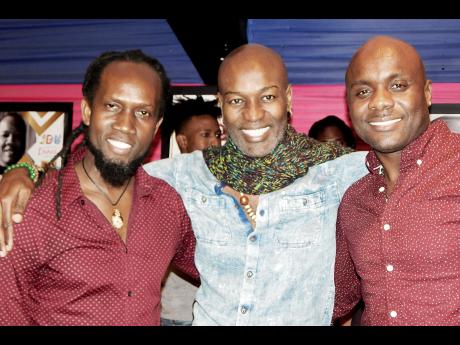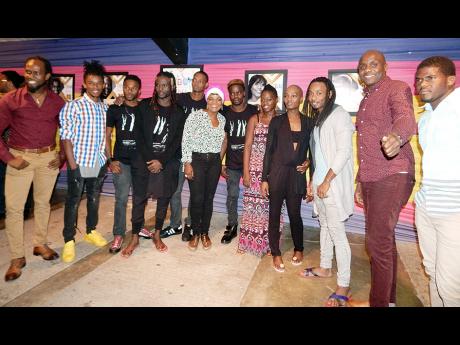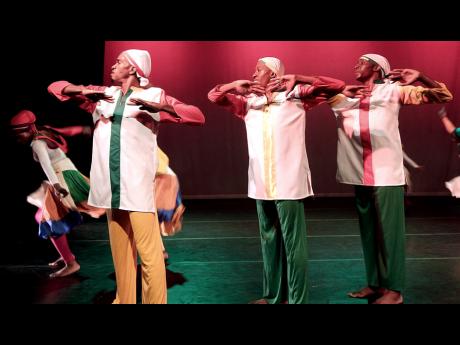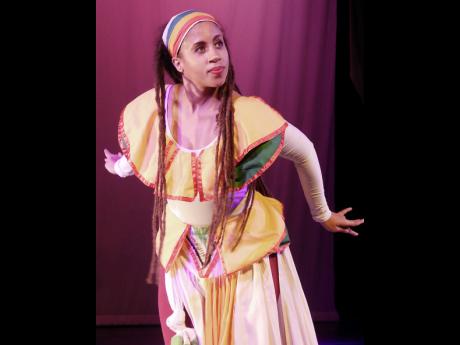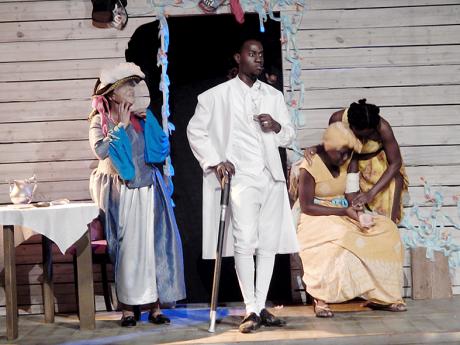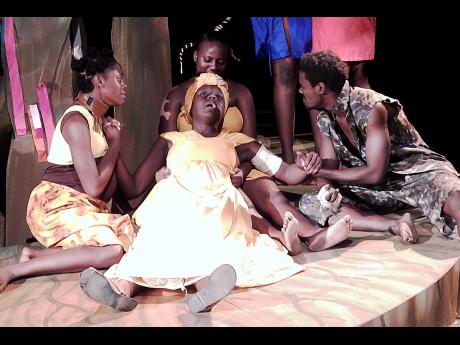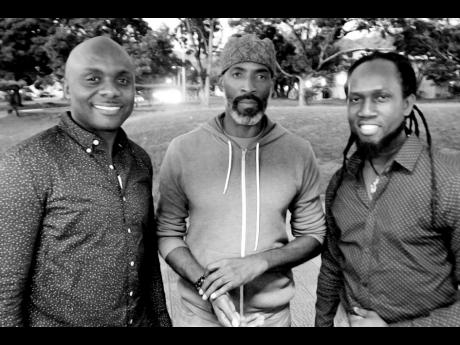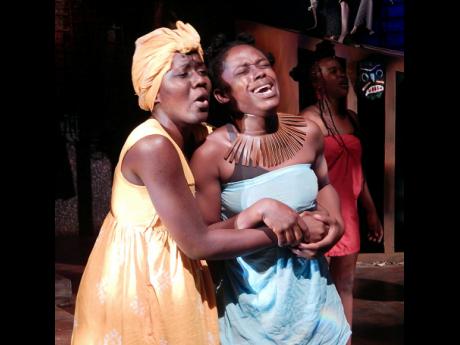For the Reckord | 'Belly Woman', Dance Umbrella deliver total theatre
Both Belly Woman, the current production at the Edna Manley College's School of Drama, and the recently concluded Jamaica Dance Umbrella (JDU) dance festival at the Philip Sherlock Centre for the Creative Arts (PSCCA), Mona, give their audiences a total theatre experience.
While the shows don't have all the production elements - music, voice, movement and spectacle - in equal measure, which is the ideal in total theatre, there are enough of each to provide delightful variety.
Incompatible Tasks
In choosing to direct Belly Woman, a verse play written by Omaall Wright, a fellow School of Drama graduate (from another year), Dorraine Reid, now a lecturer at the school, set herself apparently incompatible tasks.
"I thought it would be a visually appealing play for staging," Reid writes in the Director's Note of the printed programme. But she also wanted the production to show the "decadence and brutality" of the slavery era in Jamaica and, for that, she needed to move the audience away from the enjoyment of "the vibrant spirit of jonkunnu" with which the play begins.
It then shifts into an extended flashback depicting life on a slave estate, telling a fairly simple story. Its main characters are a loving couple - Belly Woman (played by Joniel Taylor), a field slave turned house slave, and Jack (Kanille Brudy), a field slave - and devil (Jason Richards), who is also Backra, the white slave owner.
They and the other characters start off in the play as members of a jonkunnu band. All are transformed when they begin to tell the story of Backra threatening to kill Jack unless Belly Woman gives in to his sexual demands.
Melodramatic Meal
With these ingredients, Reid cooks up a melodramatic, visually appealing meal. The actors wear realistic, colourful jonkunnu and slave-period costumes designed by Reid and Stacy Banton.
They move around on an impressive, functional set designed by Reid and Bryony Kummer-Seddon showing Backra's house, a hill with a cliff just right for desperate lovers to toss themselves from, and an all-purpose area comprising yard, field, and forest. In this space, they perform with exaggerated energy under the evocative lighting designed by Franklyn 'Chappie' St Juste and Peter Roper.
The combination of the script's demands and the director's imagination fills the stage to overflow with frenzied dance to frenetic drumming and song, fights, chases, threats, whippings, chopping, kicks, blows, guns, knives, machetes, and death. This is the stuff of melodrama, but melodrama with the style of real opera, not the sentimental pettiness of daytime soap opera.
Belly Woman, started last Friday, continues tonight and closes in the Dennis Scott Theatre on Sunday.
Jamaica Dance Umbrella
Music, movement and spectacle are, of course, integral to dance generally, and devotees of Jamaican dance theatre know that the spoken word, the fourth element of total theatre, is also often employed in those dances. Those fans, then, would not have been surprised that speech was part of some of the 30-odd pieces staged for JDU 2018. That speech, plus live singing, put the dance festival firmly into the total theatre category.
I missed the first night of the weekend offerings (March 2), but the 25 dances I saw were on the whole quite satisfying, and the pieces by the major companies especially so. Those companies and the dances I particularly enjoyed included the Jamaican ones L'Acadco: A United Caribbean Dance Force (Libertad and Bingi), Movements Dance Theatre Company (Wrath of God), The Company Dance Theatre (Streams) and AshÈ (Ibo).
Two visiting companies, Barbados Dance Project led by John Hunte and the premiere dance group in Haiti, which is led by Jeanguy Saintus, also offered well-received dances. In fact, JDU coordinator Michael Holgate gave the ritual-filled Haitian dance, Ayikodans, the privilege of closing this year's JDU, on its 10th anniversary.
Holgate told me that his plans for JDU's future include having it play "a more instrumental role in the development of dance within our creative industry," taking the festival on tour to other venues in Jamaica and seeing how JDU "can facilitate the opening up of a touring route for Jamaican dance companies throughout the Caribbean and North America, among other spaces."
At a special ceremony before the festival itself opened, JDU honoured two stalwarts of Jamaican Dance, Professor Rex Nettleford and Jackie Guy.

